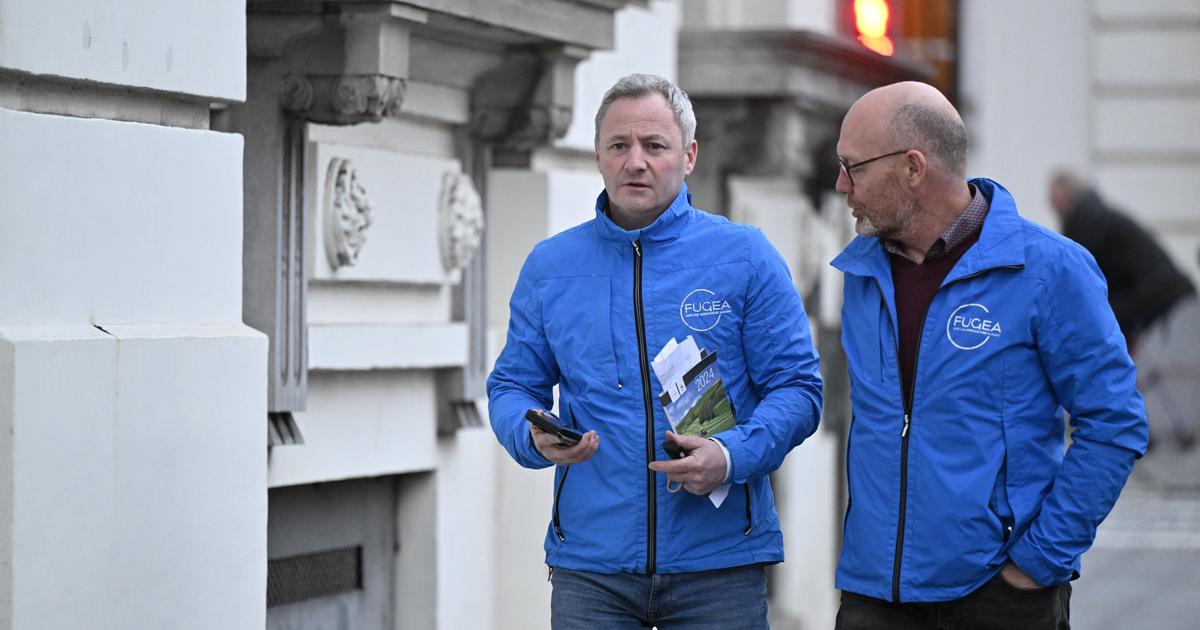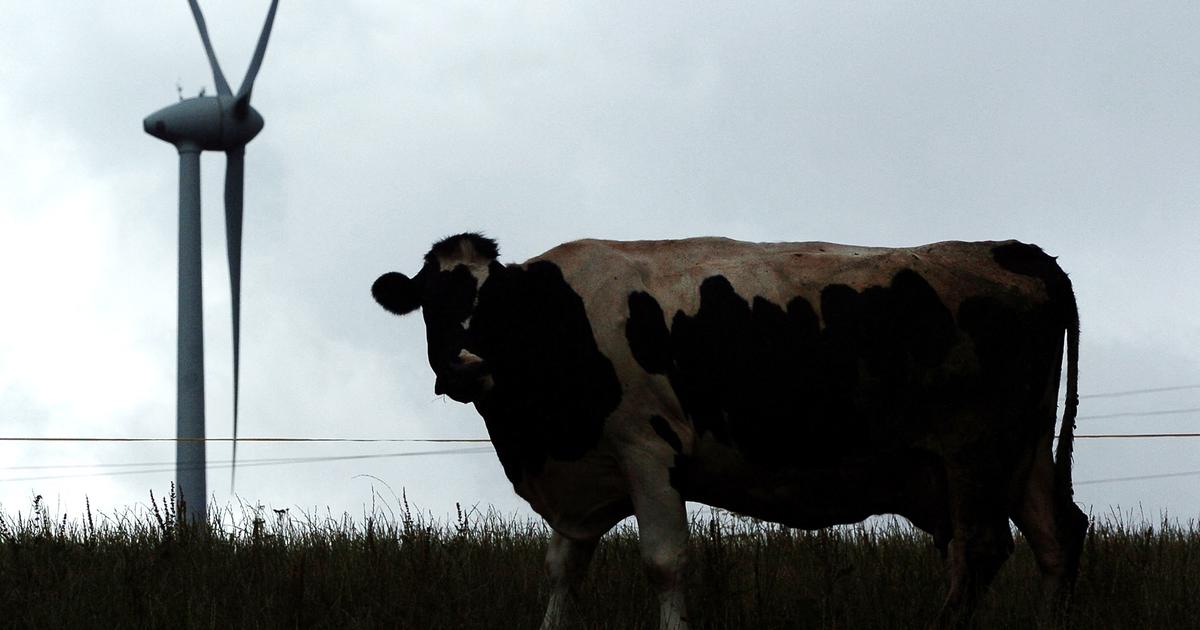As-Suwayda-Sana
Investments are expanding in establishing solar power plants in As-Suwayda Governorate, with many economic, agricultural and household activities using renewable energy systems as one of the solutions to generate electricity, reduce fossil energy consumption and even reach the stage of dispensing with it.
Many of the stations established in the governorate were connected to the electrical network in accordance with the laws regulating this, with the aim of selling all the electricity produced from them to the General Company for Electricity of As-Suwayda Governorate at encouraging prices.
The total number of solar power plants in the governorate that entered the investment, according to the Director General of the General Company for Electricity of Suwayda, Eng. Nidal Nofal, is 18 plants with a total capacity of 2,230 kilowatts. They feed a number of wells projects and citizens’ homes. They are distributed in the villages and towns of Najran, Al-Qurayya, Habran, Arman, Hawt, and Umm Al-Zaytoun. Qanawat, Thala, Rasas, Shaqrawiya and Salkhad city.
Eng. Nofal explained that the largest invested stations have a capacity of 900 kilowatts, while the capacity of the rest of the stations ranges between 30 and 150 kilowatts, pointing out that there are 4 stations currently under implementation in As-Suwayda, Al-Quraya and Salim, with a capacity of 100 kilowatts for each station, and in the town of Attil with a capacity of 300 kilowatts, which made it constitute An important tributary to the electrical network and an added value on the economic front.
According to the director of one of the energy alternatives companies, Dr. Samer Alwan, the company has implemented several stations in the governorate, the largest of which is the Al-Ajama station, which was put into service in the village of Hawt in the southern countryside of As-Suwayda, with a capacity of 900 kilowatts. Bakka, Dhibin, Al-Qurayya and Salkhad to ensure regular supply of electric current and frequencies to the wells, in addition to providing 35 job opportunities.
One of the energy alternatives companies, according to its director, the young engineer Diaa Al-Abdullah, is working on manufacturing innovative small wind turbines to support alternative energy systems with capacities of 10 kilowatts. Alternative energy systems have been installed for many agricultural projects, cow farms, wells, poultry houses, and some economic activities such as malls, restaurants, and others.
And emphasizing the importance of turning to alternative and renewable energies in cities and industrial areas, 560 dunums were allocated within the Umm Al Zaynoun Industrial City for a solar power plant with a total capacity of 50 megawatts, where the first 10 megawatts were contracted and a direct order was given to the investor to start implementing it, as explained by the Director of Industrial and Craft Zones, Eng. Alaa Abu Ammar, where it ensures the continuation of electricity supply to many sectors and their water wells.
He called on a number of investors in As-Suwayda Governorate to put in place the necessary and appropriate mechanism in coordination with the concerned authorities to reduce the hours of rationing during the peak production period associated with solar brightness in order to achieve the desired productivity from the stations established in the governorate and benefit the investor and the electrical network.
According to investor Madin Ayoub from Qanawat, the newest plant has a capacity of 100 kilowatts and began to operate during the month of June 2020. As a result of the long rationing hours, especially during the current year, his daily production decreased from 600 to 200 kilos at best, and therefore the continuation of the long rationing leads to a prolongation of the period Recovering the invested capital from 6 to 18 years, suggesting organizing the rationing process and giving more electrical operating hours in the peak production period between ten in the morning and three in the afternoon.
long life
Follow Sana's news on Telegram https://t.me/SyrianArabNewsAgency








